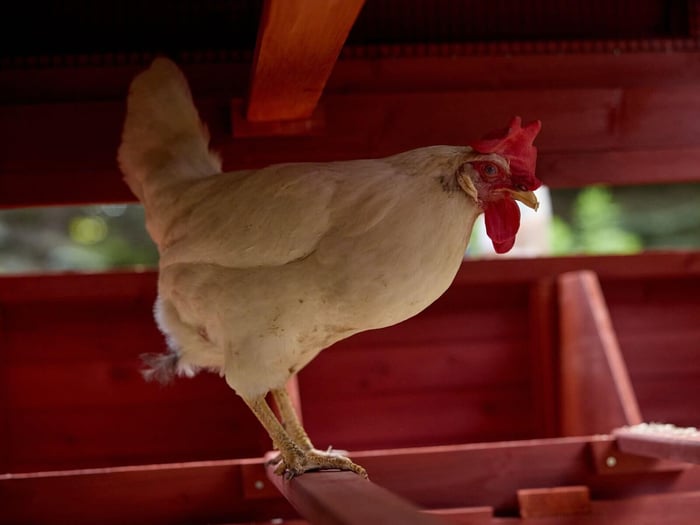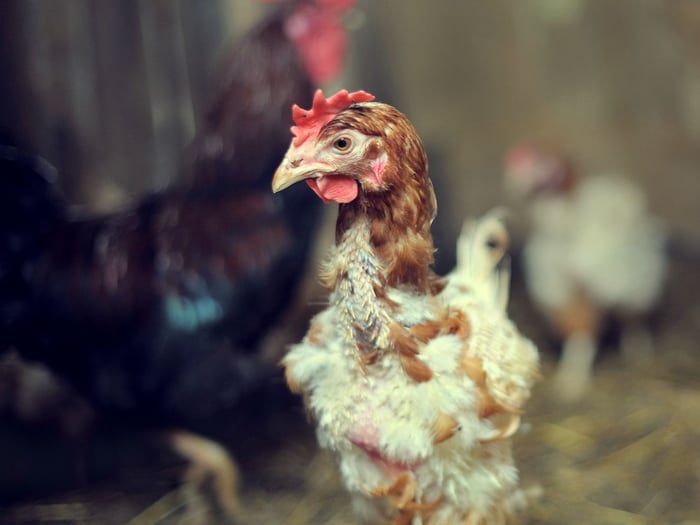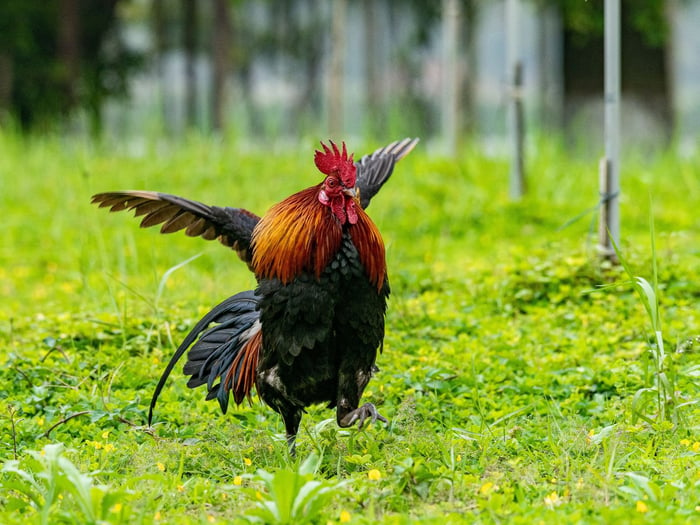Table of Contents
Incubator vs Broody Hen: Which Is Best for Hatching Eggs?
If you’ve ever dreamed of hatching baby chicks, you’ll quickly discover there are two main ways to do it, incubator vs. broody hen. In other words, either letting a broody hen hatch them naturally, or using an incubator. Both methods can bring you fluffy new chicks, but each comes with pros, cons, and unique considerations. So which one should you choose?
In this guide, we’ll explore the incubator vs broody hen debate in detail, helping you decide which method fits your flock, your goals, and your lifestyle.
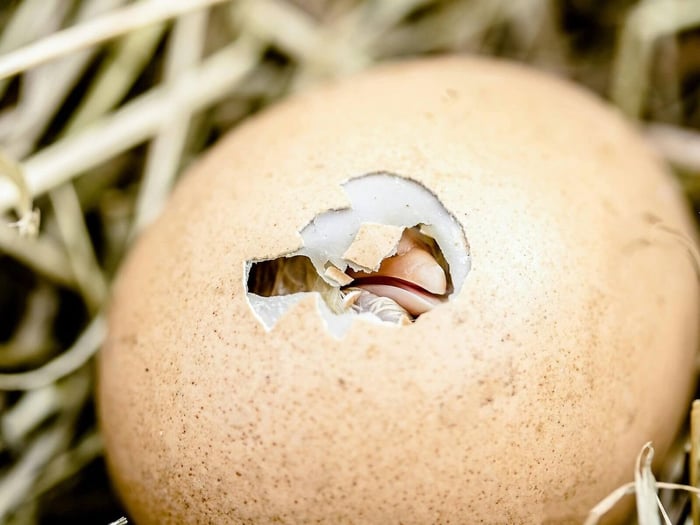
Understanding the Broody Hen
A broody hen is one that has the strong instinct to sit on eggs and hatch them. She’ll stop laying, fluff up her feathers, and commit herself to keeping those eggs warm until they hatch. Many breeds—like Silkies, Cochins, and Orpingtons—are known for going broody, while high-production layers like Leghorns rarely do.
When successful, hatching with a broody hen feels like magic. She takes care of the heating, turning, and protection all on her own. One chicken keeper shared the story of a tiny Bantam hen who disappeared for weeks, only to reappear on Thanksgiving with eleven baby chicks in tow—all hatched without human help. It’s proof that nature knows what it’s doing.
But relying on a hen also has its challenges. Not every hen will go broody, some may abandon the nest, and even a committed mother can lose eggs to weather, predators, or inexperience.
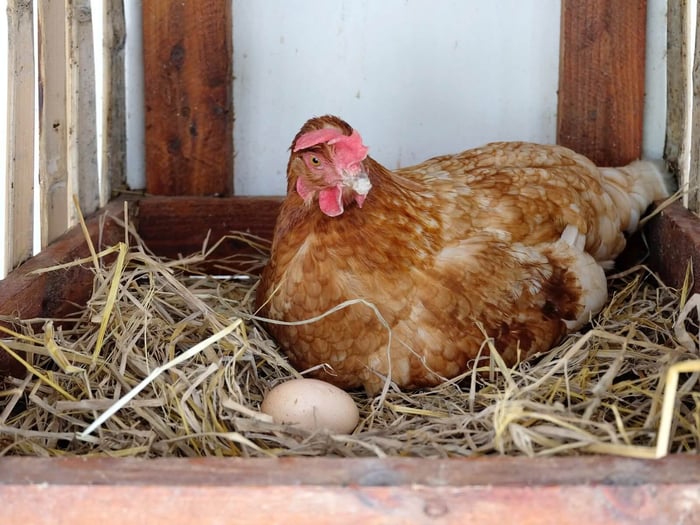
Using an Incubator
Incubators mimic the warmth, humidity, and turning that a broody hen provides. They allow you to control the environment closely, which often leads to higher hatch rates when managed correctly.
A modern incubator will:
Maintain a steady temperature (around 99.5°F for chicken eggs).
Keep humidity at the proper levels.
Automatically turn eggs at regular intervals.
Reduce the risks caused by predators or unpredictable weather.
The incubator method is especially useful if you want to hatch a large number of eggs at once, or if your hens simply aren’t inclined to brood.
Of course, incubators also require responsibility. You’ll need to monitor temperature and humidity, candle eggs to check development, and be ready to assist if chicks struggle during hatch. For beginners, the hands-on nature can be exciting—but it can also be stressful.
Pros and Cons of Each Method
When looking at incubator vs broody hen options, it helps to weigh the advantages and drawbacks of each.
Pros of Hatching with a Broody Hen
No equipment costs.
The hen provides heat, humidity, and turning naturally.
She cares for chicks after hatch, teaching them how to eat and drink.
Less hands-on work for you.
Cons of Hatching with a Broody Hen
Not all hens go broody.
A hen may abandon eggs mid-way.
Weather and predators can interfere.
Limited to the number of eggs she can cover (usually 8–12).
Pros of Hatching with an Incubator
Works anytime of year, regardless of hen behavior.
Can hatch dozens of eggs at once.
Controlled environment for higher success rates.
Great for breeding projects or rare breeds.
Cons of Hatching with an Incubator
Requires purchase and electricity.
Needs close monitoring of temperature and humidity.
Chicks won’t have a hen to guide them after hatching.
More work for you—feeding, brooding, and teaching.
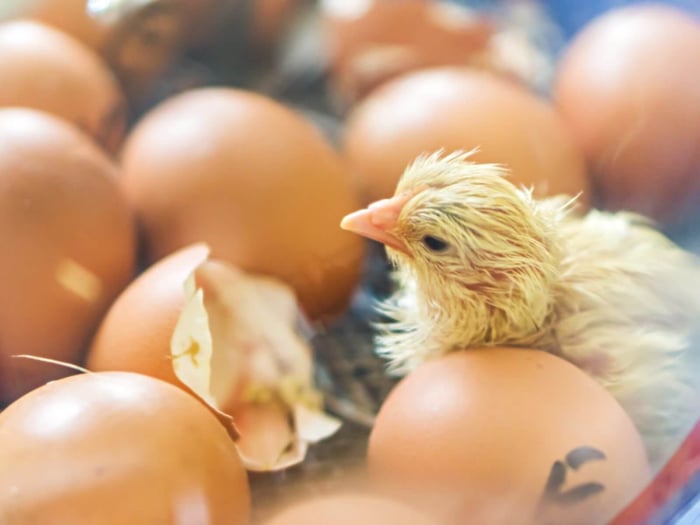
Which Option Is Better for Beginners?
For new chicken keepers, the decision often depends on your flock setup. If you already have a breed known for broodiness and you’re okay with a smaller clutch of chicks, letting nature take its course can be simple and rewarding. A broody hen does the heavy lifting, and you’ll enjoy watching her care for the chicks.
If your flock is made up of production breeds, or you want to hatch a specific number of chicks at a specific time, an incubator may be the better choice. It gives you control and consistency, though it requires more attention and equipment.
The incubator vs broody hen choice doesn’t have to be permanent, either. Many chicken keepers try both over time, learning which method works best for their needs.
Which Method Is Best for the Chicks?
Another angle to consider in the incubator vs broody hen discussion is how each option impacts the chicks themselves.
Broody Hen: Chicks hatched under a mother hen benefit from instant guidance. She teaches them how to scratch, find food, drink water, and even where to seek shelter. They learn flock behavior from day one, which can make integration smoother as they grow. A good broody hen also keeps chicks warm without heat lamps and defends them from other flock members.
Incubator: Chicks hatched in an incubator rely entirely on you for their early care. They need a brooder with a heat lamp or plate, chick starter feed, and clean water. Without a hen to guide them, they depend on your consistency. The upside? You can handle them early and often, which leads to very tame, people-friendly birds.
Ultimately, chicks can thrive under either system as long as their needs are met. If you want the natural teaching of a mother, a broody hen is ideal. If you want chicks that bond closely with people, an incubator may give you an edge.
Cost Considerations
Cost is another factor to weigh. A quality incubator ranges from $100–$300, depending on size and features. On the other hand, a broody hen costs nothing extra—though you can’t guarantee she’ll go broody when you want her to.
Think about your goals:
If you want one or two small clutches a year, a broody hen is the most economical.
If you plan to hatch regularly, an incubator may pay off in the long run.
The Joy of Raising Chicks
No matter which method you choose, raising chicks is a joyful experience. Some keepers even end up with house chickens for a while, especially if hatches occur in cold weather. One memorable story tells of chicks kept in a laundry room during winter—one of them grew so attached it later snuck into the guest bedroom to nap under the pillows.
Whether incubator vs broody hen, the end result is the same: fluffy chicks, new life in the flock, and a rewarding experience that deepens your connection to your chickens.
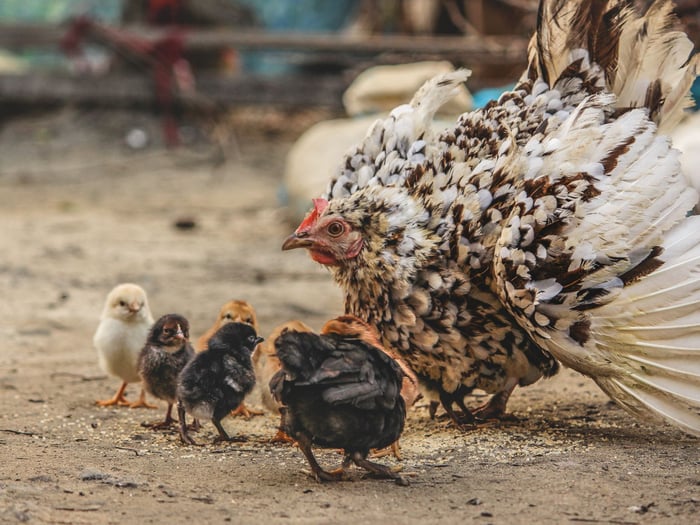
Conclusion
So, which is better: incubator vs broody hen? The truth is, there’s no single right answer. A broody hen offers a natural, hands-off approach where you can marvel at the beauty of instinct as she raises her clutch. An incubator gives you precision, consistency, and the chance to hatch whenever you want, regardless of the season or your hens’ moods.
In many ways, the choice comes down to what kind of chicken keeper you are. Do you love sitting back and watching nature take its course? Or do you enjoy the hands-on challenge of managing every detail of a hatch?
Personally, some of the most memorable chicken stories come from moments when nature surprised us. Like the little Bantam that vanished one fall and reappeared on Thanksgiving with eleven chicks in tow—more than any incubator had ever given me. Those moments remind us why we keep chickens in the first place: not just for eggs or efficiency, but for the joy of connection, surprise, and life itself.
Whether you trust technology or trust a hen, what matters most is the experience of raising chicks and seeing them grow. Both paths are rewarding. And if you’re lucky, you may even end up with a hen who sneaks back into the house years later, reminding you she was once a chick that started life in your laundry room.
In the end, incubator vs broody hen isn’t just a technical decision—it’s about how you want to experience the magic of new life in your flock.
30 Egg Incubator Auto turn
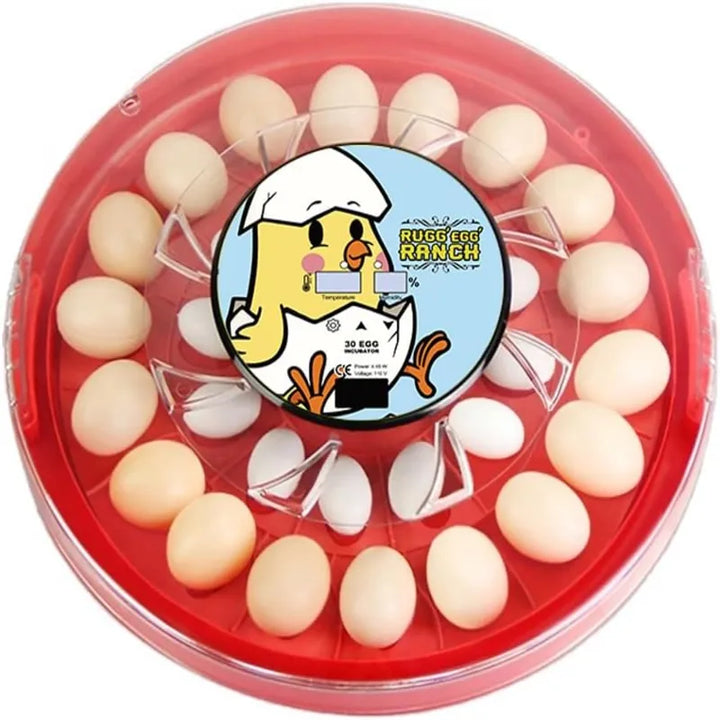
$ 84.96
$ 99.95
Hatch your chicks with confidence using the Rugg'EGG' Ranch 30 Egg Auto Turning Incubator! Designed for high hatch success with a 90% hatch rate, this incubator makes egg incubation easy and efficient. 🔄 Auto-Turning Feature – Ensures even heat distribution… read more


.png)
